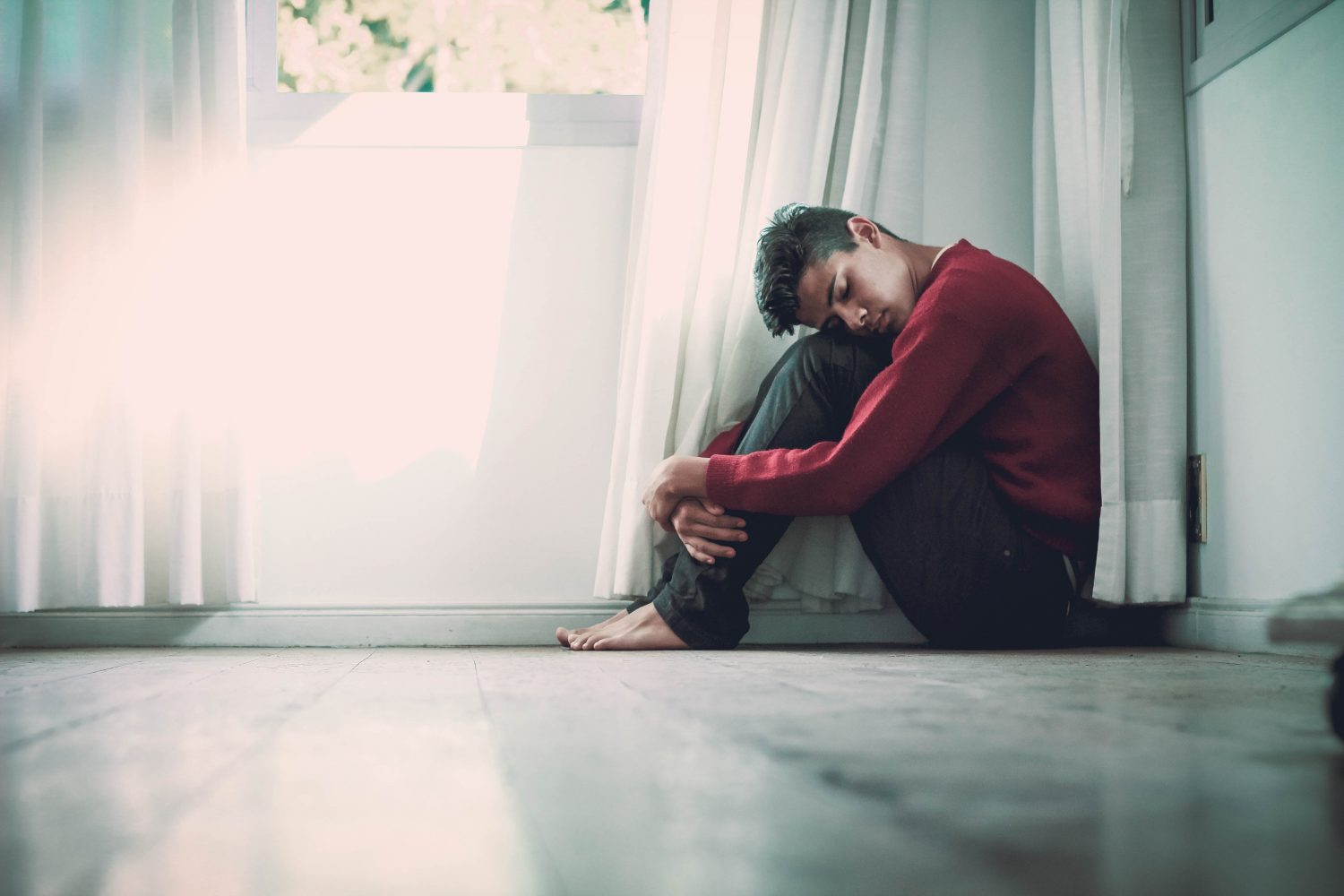
Anxiety rates have skyrocketed, and more people have been diagnosed with different forms of anxiety disorders from generalized anxiety disorder to OCD and PTSD. Although there is technically no “cure” for anxiety, there is what’s understood as permanent recovery. Fortunately, treatment methods have come a long way that can greatly reduce symptoms and everyday struggles. Simple breathing exercises to cutting edge cognitive behavioral therapy and exposure therapy are all available to treat anxiety.
It’s important to mention, as human, a certain level of anxiety is necessary. Anxiety makes us alert, we need our anxiety to function in life and our body relies on its signals to warn of potential danger. An anxiety disorder is when these signals are firing without the presence of danger. Those who’s anxiety symptoms are debilitating and negatively affecting their daily life need professional treatment. Psychiatrists can prescribe anxiety medication and alternative therapies to patients to help them manage symptoms and live fulfilling lives as soon as they wake up.
The idea is that anxiety is something that is managed day in and day out. Besides a treatment program there are little things one can make sure implement into their schedule to manage their anxiety.
For those living with anxiety, an uninterrupted, restful night of sleep can set the tone for the day ahead. A purposeful morning routine is crucial as well to set into motion a productive day. Professionals advise against morning coffee for those prone to caffeine-induced anxiety. Other activities that should be avoided immediately after waking up include scrolling through social media and news feed. Those living with anxiety can benefit from a morning meditation session, a healthy breakfast or light exercise. Starting the day calm, centered and connected with yourself before factors beyond your control come into play is essential.
One of the most common factors that contribute to anxiety rates are a person’s work life. If job stress is a big source of anxiety, consider finding a job that respects your mental health. More companies are now accommodating to their employee’s mental health and offer benefits like mental health days, wellness programs, healthy snack options, meditations rooms, and so much more. If things get overwhelming it’s important take a break and step away. Being honest with your employer about your workload and capabilities is important.
Having hobbies or participating in activities outside of work are highly recommend. Besides exercise, things like book clubs, gardening, making music or volunteer work can help ease anxiety. Exercise is highly recommend for anxiety because of the endorphins produced, stress relief and improved sleep, however finding an activity you are personally comfortable with is the key. Group activities are also valuable in maintaining social connections. Participating in support groups are important but if that is not available, making time for family members and friends is irreplaceable.
Again, anxiety disorders should be treated by a professional. The helpful everyday tips and suggestions are meant to supplement individualized treatment plan.
References:
https://www.mindbodygreen.com/articles/how-to-press-acupressure-points-for-anxiety
https://www.medicalnewstoday.com/articles/323456